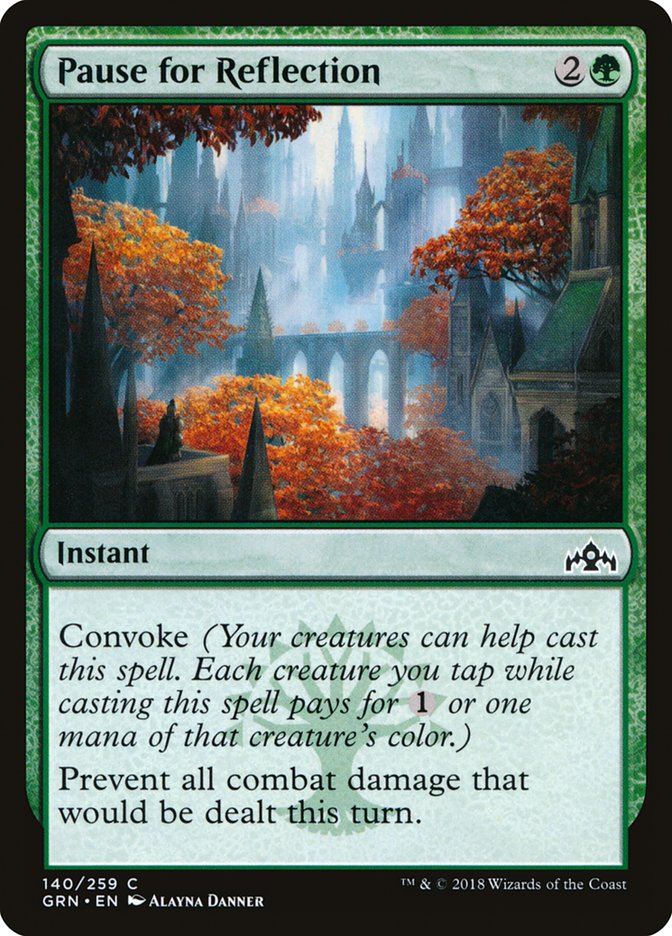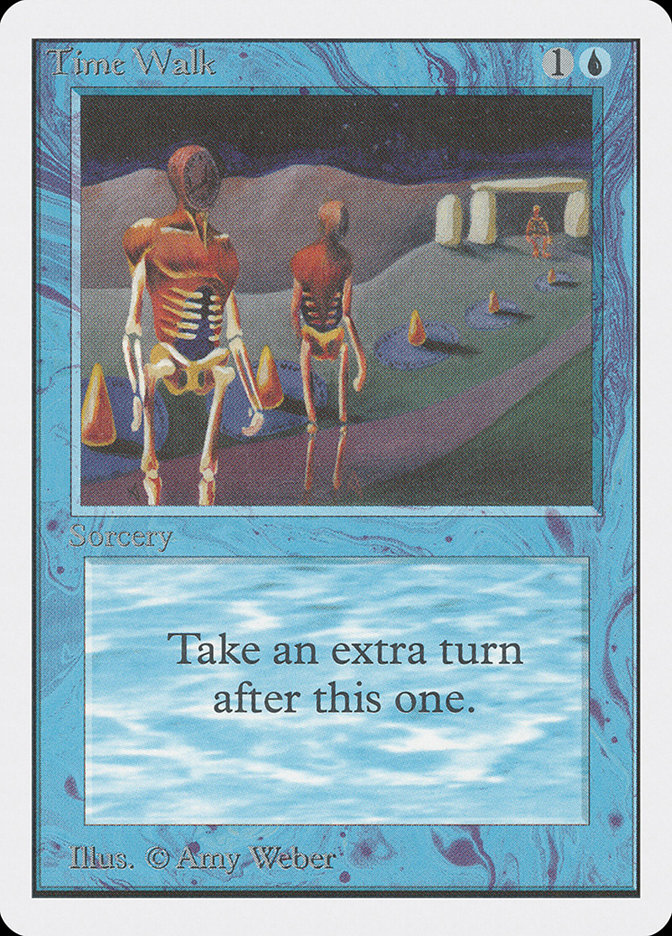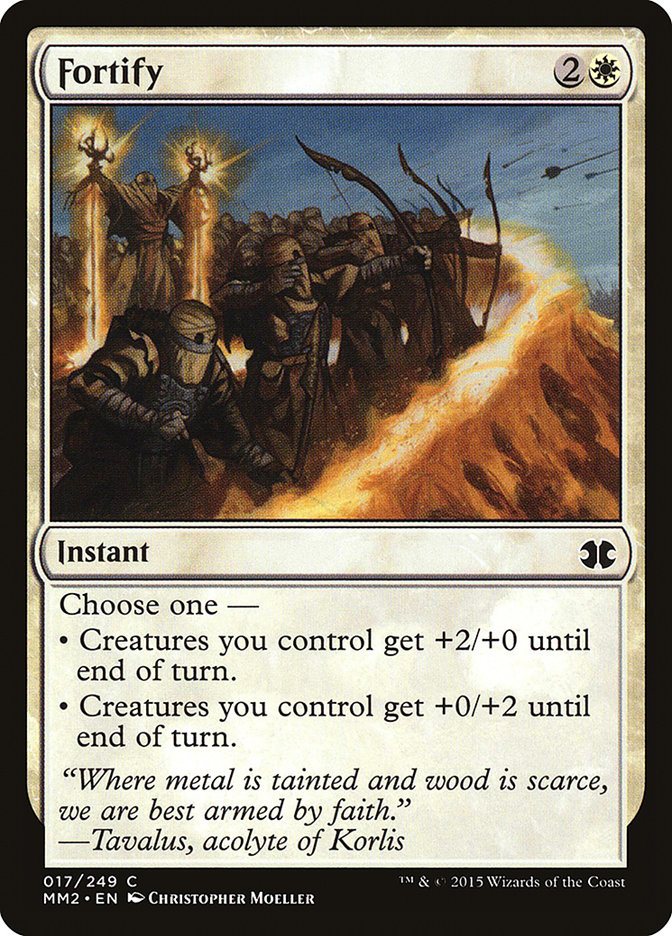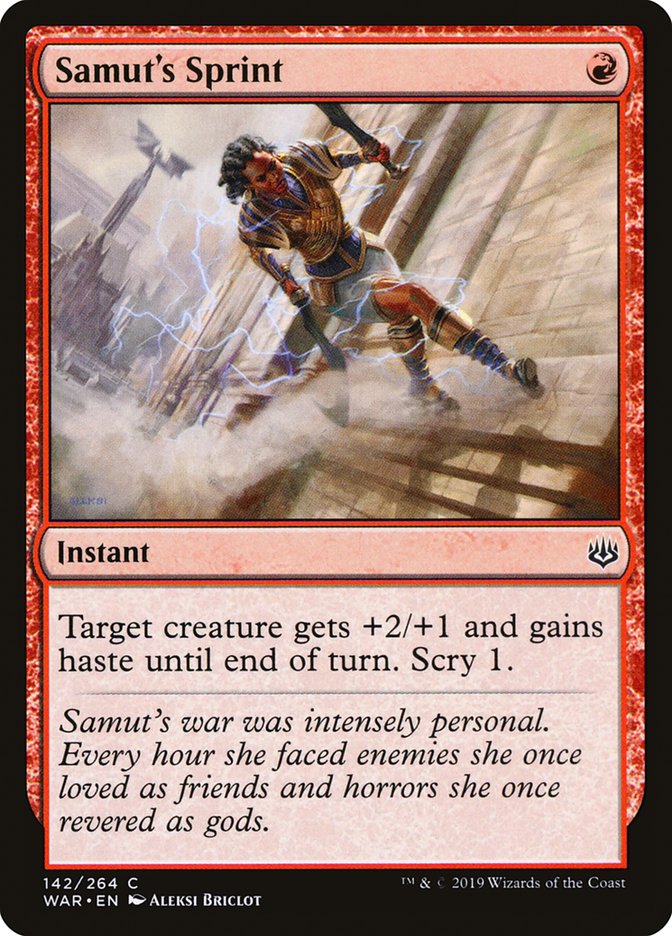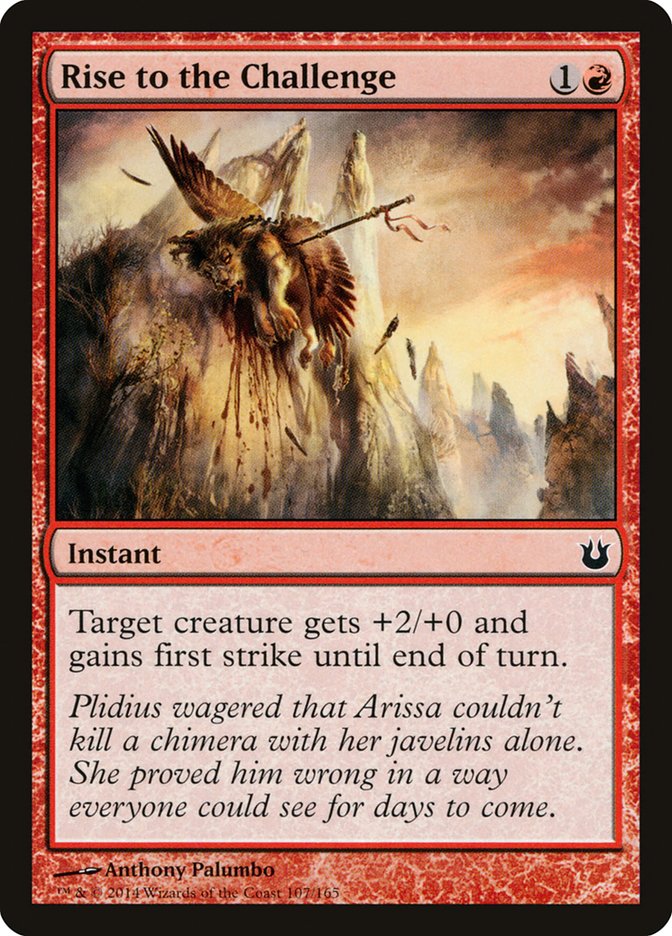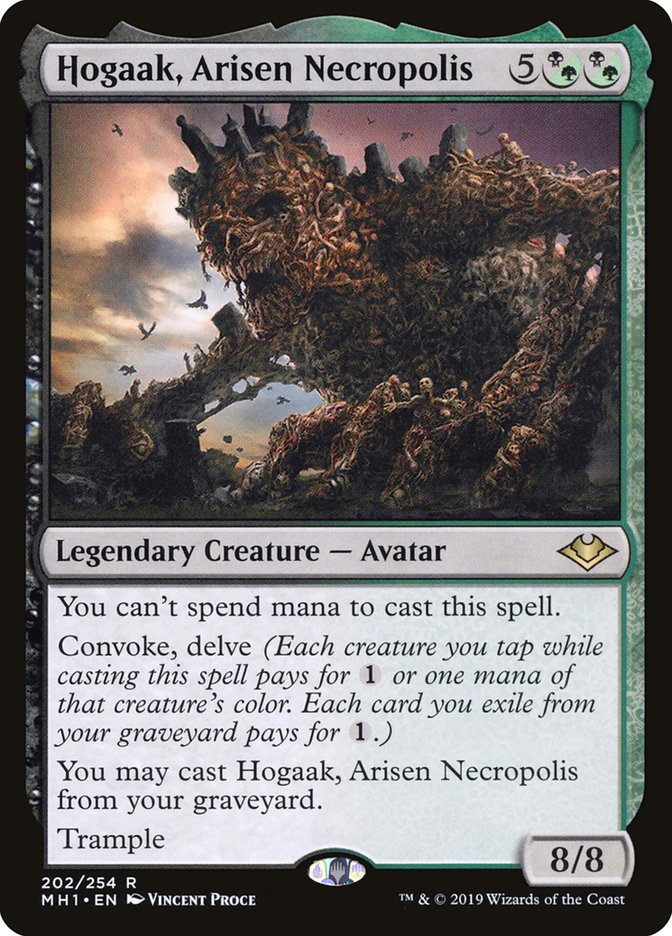The first half of the race to the 2019 Players’ Championship is now behind us, culminating with the crowning of a new Invitational champion in Colin Rountree and three others locking up their spots – Abe Corrigan, Oliver Tomajko, and Matthew Dilks – by putting up a season of consistent performances for Open to Open.
The time between the end of SCG CON Summer and the Team Modern Open in Pittsburgh at the end of June is a time for resetting, reflecting, and refocusing efforts towards the second half of 2019. I’ve learned a lot of valuable lessons on mindset, preparation, and time management in the last six months. Despite working a full-time job as a Data Analyst, I was still able to have a perfect 100% attendance at all Opens so far this year. This didn’t come without its struggles, however, and it most certainly hindered my ability to perform at the level I had been able to in 2018.
The focus of this article comes from experiences I’ve learned on the full-time grind, both in Magic and my career outside of the game. My hope would be that anyone who is currently on the grind or looking to hop onto the SCG Tour train for the second half of 2019 would be able to take something away from some of the things I’ve learned myself. Let’s jump in.
Step 1: Reflect on Your Routine
While this concept should apply at the micro level – the micro level in this example being after each and every Magic tournament you play in – what I’m speaking to directly here is examining, say, the last six months and figure out at the macro level what you were doing in your life. This could be your daily routine, tournament preparation, sleep schedule, diet, or otherwise, that contributed to your successes and/or failures when you entered the tournament hall or your local game store on any given weekend. These aspects are all important to focus on if you wish to perform your best week in and week out, so I’d like to discuss them each in depth.
Time Management Is Key
Speaking here from a position of experience, my time management skills (or lack thereof) contributed to some of my biggest hardships with Magic so far in 2019. Approximately one year ago, I had a lot more free time on my hands; I had just graduated college, didn’t start my new job until the end of July, and spent essentially every waking moment I had my eyes open playing Magic and preparing for the next event. A direct result of this was a decent bit of success, at least enough to get my career off the ground.
At a deeper level, however, it cultivated poor time management habits, something that didn’t get immediately rectified once my days were suddenly occupied by eight hours in an office and two hours of commuting. Naturally, the amount of time I was able to spend playing Magic Online greatly decreased, while the quality of the testing I was putting in stayed the same. It’s crucial that, when it comes to dividing your time between Magic-related activities and real-world ones, you become as strict as you can about following a set schedule, leaving very little room for wasted time.
Solutions I’ve found for this include getting a planner, writing down the tasks you need to complete each day, and timeboxing every task in your day and following it with extreme discipline. It will help you feel less stressed, keep your eyes on the prize, and make you more productive. This is extremely important when it comes to the time you spend testing for an event, be it on Magic Online, Magic Arena, or otherwise, as it allows you to focus on the task at hand without the lingering thought of tasks undone distracting you from proper preparation.
A Healthy Body Creates a Healthy Mind
This one falls under the no-brainer category, but keeping your body healthy by eating well, exercising, and getting a good night’s sleep is extremely underrated. This routine must become a habit; eating an apple the morning of a Magic tournament won’t suddenly put your body in tip-top shape, especially if you were awake until 1am in your hotel room the night before Day 1 begins. Not only will your body thank you in general, you’ll perform every task in your life better. For me, I’ve learned to “gamify” these sorts of health-related activities; I enjoy long-distance running and have found keeping track of my progress and setting goals an excellent motivator for getting me out the door every day for a run.
For diet, I’ve made sure to keep myself hydrated and well-fed every few rounds, especially at longer events like Opens. This is another no-brainer that still gets ignored by a large majority of players participating in these events, and it will cost you on occasion. Avoid fatty, processed foods and alcohol and soda, as none do you any good when it comes to playing Magic.
Focus on Your Preparation Habits
The last part of this section I want to focus on is the act of preparation for Magic events. It is no secret that most of the testing done for events is frequently inefficient; repeatedly playing games on Magic Arena with the sole purpose of hitting Mythic likely will not translate to good testing, nor will playing Magic Online Leagues endlessly without a goal. The key here is to set some sort of tangible objective that you can recognize as forward progress. It can be something quantitative, like amount of wins for a day before concluding your session, or qualitative, like examining complicated lines you took in a game and deciding on if there was a better option to take or not, or if you maybe could have sideboarded differently.
One method I developed while preparing for the Season One Invitational was playing my practice matches online in “sprints.” I modeled this based off the Agile Framework, which originated as a software development framework that focused on smaller, incremental periods of work to improve a given element of an application, as opposed to one longer-term period with the goal set at the beginning and not changing throughout the entire process. A sprint within the Agile Framework consists of setting a smaller, bite-sized sub-goal within the scope of a larger project, setting a timeframe to complete the task, and then having a sprint retrospective at the end of the sprint to see what went well, see what didn’t, and readjust before starting the next one.
For example, say in the real world, a project is given a one-year (or 52-week) target for completion. Expectations and goals are set at the beginning, and the project begins. If this project is carried out without using Agile, the entire project is built from the ground up without a repeated check-in on whether priorities have changed, or whether something isn’t working and something else needs to be tried. If this same project is broken up into a series of two-week sprints, you would have a total of 26, giving you 26 different check-ins throughout the life cycle of the project to make adjustments, making the project run much more smoothly.
For testing, I applied this methodology to how I broke up my testing session by dividing batches of matches into my own sprints. Using Google Sheets, I noted the deck I played against, the result, and significant interactions or lines that came up in the games. At the end of the sprint, which was usually measured as either one Magic Online League or five matches on the Arena ladder, I would take a break and examine the results, take a quick break to refill my water and use the restroom, and then dive back in for another session. This provided a series of benefits:
- It allowed me to think more critically about the small batch of matches I played, rather than thinking about an entire evening of testing all at once and making conclusions based off that.
- It created opportunities to physically reset myself by walking away from the computer, which helped keep tilt / stress levels at a minimum.
- It forced me to be more meticulous in note-taking, which granted longer-term benefits by allowing me to review outcomes of games I played at a later date.
While it is entirely up to you how scrupulous you are with your testing, the more objective information you can collect and reflect back on, the more informed you will be heading into your next event. As someone who makes a living from extrapolating as much information as possible from a series of data points, it is only natural that I try to adapt this methodology into Magic. While it isn’t for everyone, I firmly believe it would vastly improve your skills in the long run.
Step 2: Goal Setting
Now that I have covered in depth ways to reflect on your past routines and potential ways to improve them, I want to focus on the aspect of goal setting, and what I would consider productive ways to go about doing so. This section is much shorter than the first but is just as important.
Too often, Magic players oversimplify their objectives when it comes to performing well in Magic to “I want to win this tournament.” While this is a completely fine target to have in the short-term, I have learned it is preferable to create a longer-term target by which your short-term goals become a part of the process, rather than a week-to-week objective. For example, if you are participating on the SCG Tour full-time as I do, a reasonable long-term goal to set would be qualifying for the Players’ Championship. Such a goal naturally encompasses the smaller goal of performing well on an individual, event-by-event basis, yet allows you examine each event as a smaller piece of something bigger, which will allow you to more easily mentally recover when the event doesn’t go your way.
The infamous “two-point weekend” is the bane of any SCG Tour regular’s existence, as it can make a whole weekend feel like a complete waste, but with ten Opens, a Regional Championship, and the Season Two Invitational all giving you opportunities for glory, setting a larger goal outside of just winning a bunch makes it easier to prevent burnout, keep your chin up, and know that consistently playing your best Magic will eventually result in the win you are looking for.
As I leave you with this information today, I want you to do me a favor. If you’re a full-time Magic grinder like myself, an aspiring one, or someone newer to the game who wants to develop the mindset necessary to be a successful Magic player, review the lifestyle and routine section above, pick one of those aspects that you think you struggle with the most, and work on improving it. Keep a journal to track your progress and keep yourself accountable.
I do also want to plug a very relevant episode of the Mental Mana Podcast, titled “The Life of a Grinder,” in which I spoke with Will Jonathan for almost three hours about how life as a grinder really is. I was much more personal about my experiences and mental state during this interview than I was here today, so if you are interested in more content beyond this article pertaining to this subject, you can check it out here.
Lastly, I want to leave with a head start on your preparation for the first Open of Season Two in Pittsburgh in a couple of weeks. Thankfully, it’s extremely straightforward.
Have a plan for this blight that Modern Horizons has unleashed upon the Modern format.
I’ll have more on how to do that next week.


